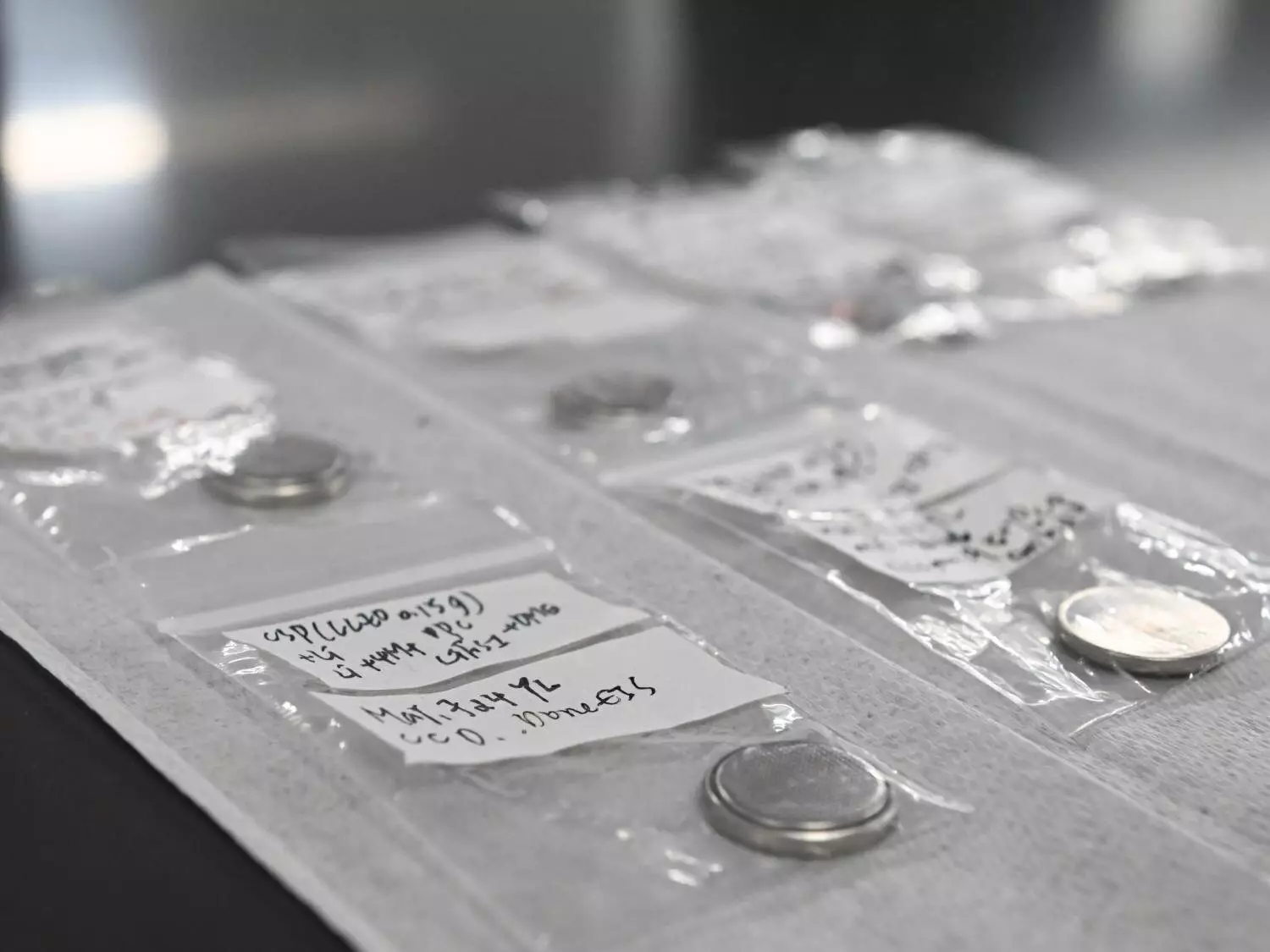The demand for rechargeable batteries continues to rise, prompting a need for sustainable recycling solutions. Traditional methods of recycling lithium batteries have been limited in their ability to recover valuable materials, resulting in significant waste. However, a recent breakthrough by a team of researchers at Penn State University may revolutionize the way solid-state lithium batteries are recycled.
Led by Enrique Gomez, the team at Penn State reconfigured the design of solid-state lithium batteries to facilitate easy recycling of all components. In traditional recycling processes, core battery components often mix together, forming a complex “black mass” that is challenging to separate. Solid electrolytes in these batteries further complicate the separation process. To address this issue, researchers introduced two polymer layers at key interfaces within the battery to facilitate easy separation of components during recycling.
The Role of Cold Sintering
Following the successful separation of components, researchers utilized cold sintering to create a composite material with the recovered metals and electrodes. Cold sintering, a process developed in 2016, allows for the combination of powder-based materials at low temperatures through applied pressure. This innovative technique not only enables the efficient recycling of solid-state electrolytes but also contributes to the reconstruction of batteries with minimal loss in performance.
Testing of the reconstructed batteries revealed an impressive discharge capacity ranging between 92.5% and 93.8% of the original capacity. This remarkable performance demonstrates the feasibility of recycling solid-state lithium batteries using advanced design elements and cold sintering. While commercialization of these batteries is still in its early stages, the research conducted at Penn State provides valuable insights for the development of recyclable battery technologies.
As the demand for rechargeable batteries continues to grow, the importance of sustainable recycling practices cannot be overstated. The innovative approach pioneered by the Penn State research team offers a glimpse into the future of battery recycling, with potential applications extending beyond consumer electronics to larger-scale energy storage systems. By addressing the end-of-life challenges of solid-state lithium batteries, this research opens up new possibilities for a more sustainable and eco-friendly approach to battery technology.
The breakthrough in recycling solid-state lithium batteries represents a significant advancement in the field of battery technology. By designing batteries with recyclability in mind and leveraging innovative processes such as cold sintering, researchers are paving the way for a more sustainable future. With continued research and development, the widespread adoption of rechargeable solid-state lithium batteries may not be far off, offering a greener and more efficient energy storage solution for the world.


Leave a Reply